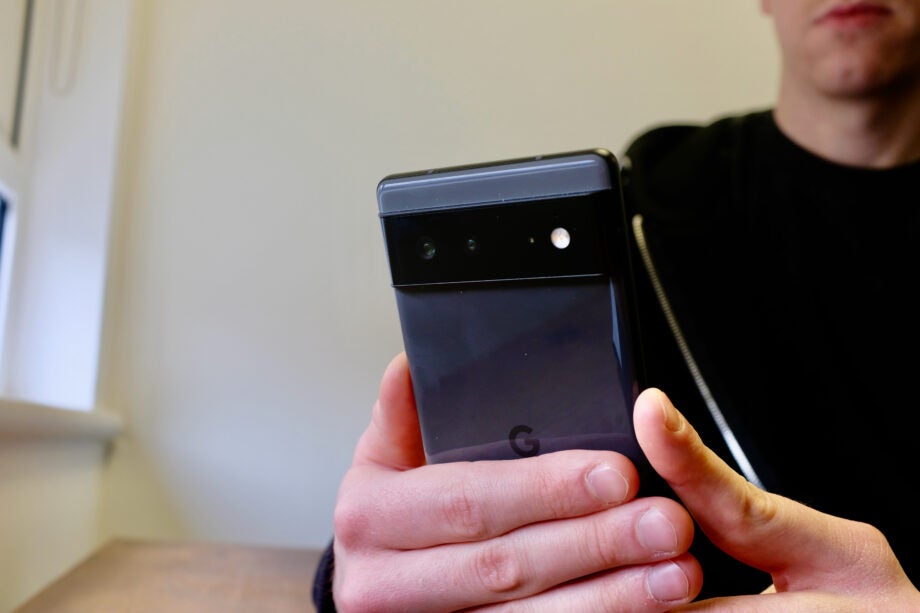Google confirms Pixel 6 doesn’t support 30W charging

Google has confirmed claims that its Pixel 6 and Pixel 6 Pro smartphones don’t actually support full 30W charging.
When the Google Pixel 6 and Google Pixel 6 Pro were announced in October, one of the claims Google made for the phones was that they could hit a 50% charge in 30 minutes using the company’s 30W USB-C charger – sold separately, of course.
However, subsequent independent claims revealed that the Pixel 6 duo didn’t actually support 30W charging, as was expected, and you might even say implied. In actual fact, these preliminary tests showed that both phones maxed out at at a mere 22W.
Now Google itself has weighed in with an official rundown of how charging works with the Pixel 6 and Pixel 6 Pro. The TL;DR of it is that no, they don’t support 30W wired charging at all.
In the relevant support page post, a Google Community Manager claims that “Google has designed the high energy density cells in Pixel 6 and Pixel 6 Pro to strike a balance between battery life, longevity and fast charging.”
The actual amount of power being fed to any phone varies over the cycle of the charge, and Google has understandably prioritised fast charging when the battery is low – hence that 0 to 50% in 30 minutes stat.
However, the post then confirms that the Pixel 6 Pro will only ever draw a peak of 23W during these prime situations, and the Pixel 6 will only hit 21W.
The reason Google pushed compatibility with its 30W USB-C Power Adapter is that adapter’s support for the new USB PD 3.0 PPS standard for more efficient charging. Which makes sense, but it would have been nice if Google had explained this detail from the beginning.



